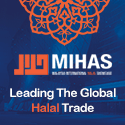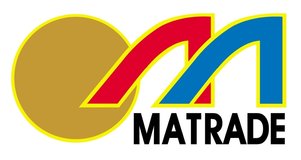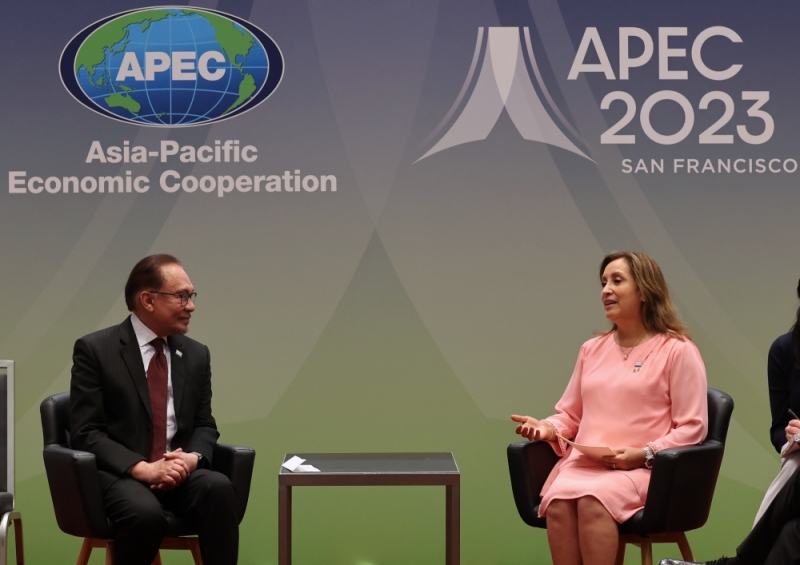By LAVANYA LINGAN AND HARIZ MOHD – New Straits Times
MUSHROOMING INTEREST: 39 firms have applied for certification from Jakim so far
 KUALA LUMPUR: PHARMACEUTICAL companies have shown overwhelming interest in obtaining halal certification, introduced earlier this year, from the Department of Islamic Development (Jakim).
KUALA LUMPUR: PHARMACEUTICAL companies have shown overwhelming interest in obtaining halal certification, introduced earlier this year, from the Department of Islamic Development (Jakim).
Its director-general, Datuk Othman Mustapha, said so far, the department had received applications from 39 companies, of which four have already received the certification.
“Before the launch of MS2424:2012 certification, we used the MS1500:2009 standards where 71 companies that produce health supplements and 141 that produce traditional medicines were given the certification.”
He said Jakim now had the expertise to be the main centre for the certification of pharmaceutical products.
“Our halal hub division is not only the centre for certification of eateries, slaughter houses and logistics.
“We now also have experts and specialists to certify pharmaceutical products.
“We have also been exploring new areas to improve our certification process,” he said.
Jakim’s halal hub division created history when it became the first accreditation body in the world to introduce certification for halal pharmaceutical products.
However, the MS2424:2012 standard only applies to over-the-counter medicines, health supplements and traditional medicines.
“Medicines prescribed by doctors are not given accreditation under this standard,” Othman said.
Director-general of health Datuk Dr Noor Hisham Abdullah said they have been working closely with Jakim in developing a more comprehensive Islamic health management practice.
“We are working hand in hand with them to introduce health management that follows Islamic requirements among medical practitioners.
“We have also discussed the use of doubtful pharmaceutical products and use of products that have received halal certification.”
He added that the details were being addressed stage by stage.
Malaysia Medical Association president Datuk Dr N. Tharmaseelan said that the demand for halal pharmaceutical products around the world was increasing rapidly.
“The demand for healthcare and halal-certified drugs and vaccines will multiply as economies in Muslim countries expand.
“Malaysia is a well-known halal hub, thus, it opens up a huge market for the local pharmaceutical industry to fulfil the demand.”
He said, in Malaysia, almost all medicines and vaccines were halal-compliant and where it is not possible to use halal medicines, the patients would be informed about it.
“Patients, especially Muslims, need to be assured that what they have been prescribed is derived from halal sources.
“Anxiety about the drug content must be addressed in an empathetic manner as confidence speeds the recovery process for patients.”
He added that Malaysia had the expertise to become completely halal-compliant in a couple of years, provided there were adequate funds for research.



